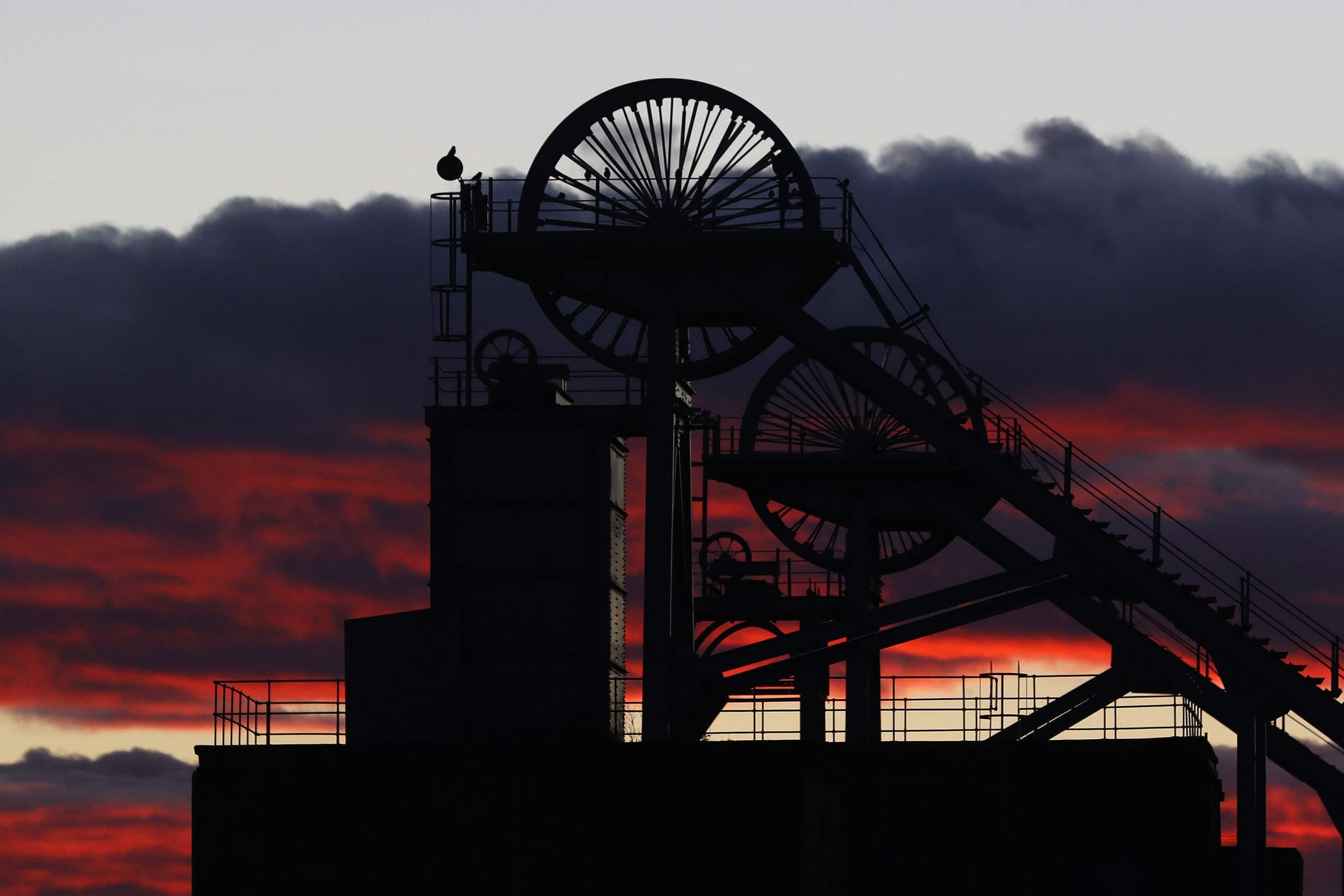Coal mine ban backed by peers in parliamentary defeat for Government
The move comes after Levelling Up Secretary Michael Gove approved what is set to be the first new coal mine in the UK in 30 years

Your support helps us to tell the story
From reproductive rights to climate change to Big Tech, The Independent is on the ground when the story is developing. Whether it's investigating the financials of Elon Musk's pro-Trump PAC or producing our latest documentary, 'The A Word', which shines a light on the American women fighting for reproductive rights, we know how important it is to parse out the facts from the messaging.
At such a critical moment in US history, we need reporters on the ground. Your donation allows us to keep sending journalists to speak to both sides of the story.
The Independent is trusted by Americans across the entire political spectrum. And unlike many other quality news outlets, we choose not to lock Americans out of our reporting and analysis with paywalls. We believe quality journalism should be available to everyone, paid for by those who can afford it.
Your support makes all the difference.The Government has suffered a defeat at Westminster as peers narrowly backed a ban on the opening of new coal mines.
The House of Lords supported the Liberal Democrat-led move by 197 votes to 194, majority three.
The enforced change to the Energy Bill comes after Levelling Up Secretary Michael Gove approved in December what is set to be the first new coal mine in the UK in 30 years, leading to accusations of “environmental vandalism”.
The facility on the edge of Whitehaven in Cumbria is expected to extract nearly 2.8 million tonnes of coal per year for use in steel making, rather than power generation, and supporters of the scheme have said it will create 500 jobs.
But critics warn it will create more greenhouse gas emissions as the Government seeks to meet its net zero target and argue it is hypocritical in the wake of UK efforts on the international stage to show climate leadership and urge the world to give up on coal.
They want to see investment in green jobs.
Experts have also questioned the investment in an “1850s technology” to supply coal for steel manufacture as the industry looks to shift to cleaner production methods.
Liberal Democrat Lord Teverson said: “I am very proud of Britain’s reputation in terms of climate change. That is why it is absolutely wrong that we should trash that reputation by one decision, which is to open a new UK coal mine. And who knows if that happens once it can happen again.”
Tory former Cabinet minister Lord Deben, who is chairman of the Climate Change Committee which advises the Government, branded the new Cumbrian mine “totally unacceptable”.
He said: “You can’t ask the Indians and the Chinese to move away from coal if you are providing the means of an extension for coal.”
Lord Deben added: “There’s no doubt whatsoever that allowing this coal mine undermines our international ability to lead the world to a solution, which alone will stop this existential threat of climate change.”
He told energy minister Lord Callanan: “This is the most serious issue that he will have to look at, because in it is held the Government’s credibility.
“If it wants to uphold that it cannot allow any new coal mines and it must find a way to stop mining, which will increase the emissions from the most damaging means of generation.
“This is an emergency and when you deal with the emergency you don’t light an ancillary fire, you don’t do something which manifestly runs wholly against everything else you have said.”
Labour frontbencher Baroness Blake of Leeds said: “I am really concerned about the message this sends out. It undermines totally our claim to be an international leader on climate.”
Responding, Lord Callanan told peers: “We are committed to phasing out coal from our electricity production by 2024. In 2021, coal formed less that 2% of our electricity generation.”
He pointed out Germany last year generated 31% of its electricity from coal last year, compared to 1.8% in the UK, and the country was in the process of opening up new mines.
The Tory frontbencher said in approving the mine in Cumbria, the Secretary of State had “carefully considered” the different factors including the demand for coal, climate change and the impact on the local economy.
The Government also suffered a series of other defeats over the Bill, including peers demanding steps to increase the energy efficiency of housing and business premises in a drive to curb household bills and meet climate targets
In addition, the upper chamber backed measures aimed at supporting the growth of community and small-scale energy schemes and to force the energy regulator Ofgem to have regard to meeting the UK’s net zero emissions target.
Once the Bill has cleared the Lords it will go to the Commons where MPs will consider the changes made by the unelected chamber.